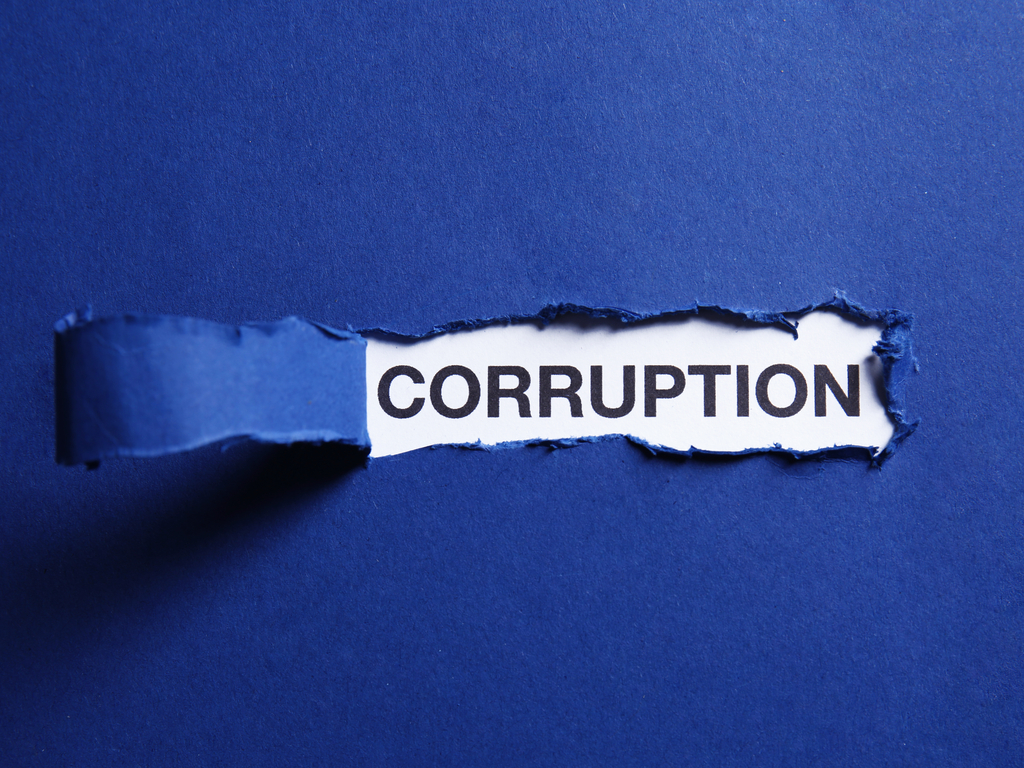Eka Gigauri, Executive Director, Transparency International Georgia
Recently, the Council of Europe and the European Union have shared the proposals for future cooperation priorities in the six Eastern Partnership countries submitted through a specially-created ‘Suggestion Box’.
The ideas shared via the ‘Suggestion Box’ came from a wide range of participants, including public officials, members of parliament and of Non-Governmental Organisations, or individuals. The main areas include fighting economic crime – tackling corruption within the judiciary, reinforcing the capacity of anti-corruption bodies, and raising awareness of the anti-corruption policies and actions.
StrategEast has interviewed major experts from EaP countries. Here are the answers from an expert from Georgia.
The EU can definitely bring tangible results for fighting corruption in Georgia.
Unfortunately, as we stand today, Georgia has seen an almost complete halt of anti-corruption reforms in the past 4 years and an alarming rise in elite corruption cases with no institution being able or willing to tackle this problem. A similar conclusion can be found in the 2018 resolution by the European Parliament, which notes that “high-level elite corruption remains a serious issue” and that the country still lacks “a solid track record of investigations into high-level cases of corruption”.
For this reason, TI Georgia and other local anti-corruption civil society organizations have formed a consensus that the only real reform that would bring tangible change would be the establishment of an independent anti-corruption agency that would be specifically tasked with combating corruption, and elite corruption in particular. In fact, a relevant draft law (prepared with TI Georgia’s involvement) was initiated to the Georgian Parliament in 2020; unfortunately, the Parliament refuses to consider the legislative proposal, suggesting that there is a lack of political will to carry out real reforms to tackle the problem.
We have followed the establishment of a similar institution in Ukraine some years ago, which was made possible with the involvement of the EU and other international actors, and which managed to deliver impact. Therefore, we believe that a similar approach to Georgia is needed.
In addition, considering the serious and growing corruption-related challenges facing Georgia, we believe that increased support (financial and otherwise) from the EU to local as well as regional media and watchdog organizations and groups would be extremely valuable.




